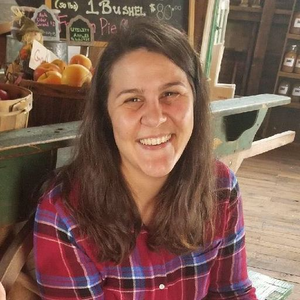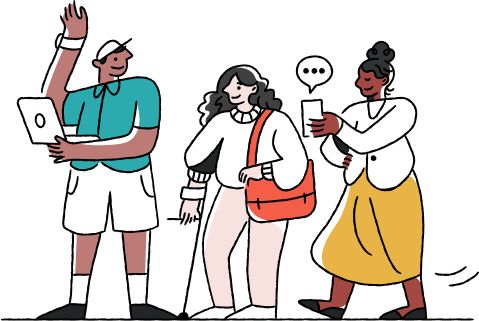
It’s been two years since we gave the world a look at a “normal day” as a Gusto engineer. Since then the org has grown nearly three-fold and matured as an organization. So we decided to take another crack at it; this time, we’ve talked to engineers from different teams to give a wider view of life at Gusto.
For this post, we specifically talked to engineers who are about a year out of college and who started working at Gusto right after graduating. They are at a critical stage in their careers, with lots of opportunity and hunger for growth, as well as lots of options about how to accomplish their goals. Olu Gbadebo (Benefits Engineering), Mariam Issa (Risk Engineering), and Sofia Carrillo (Accountants Engineering) gave us a peek into their work from the daily operations of being a Gustie to how they serve our customers and what sets Gusto apart from the crowd.
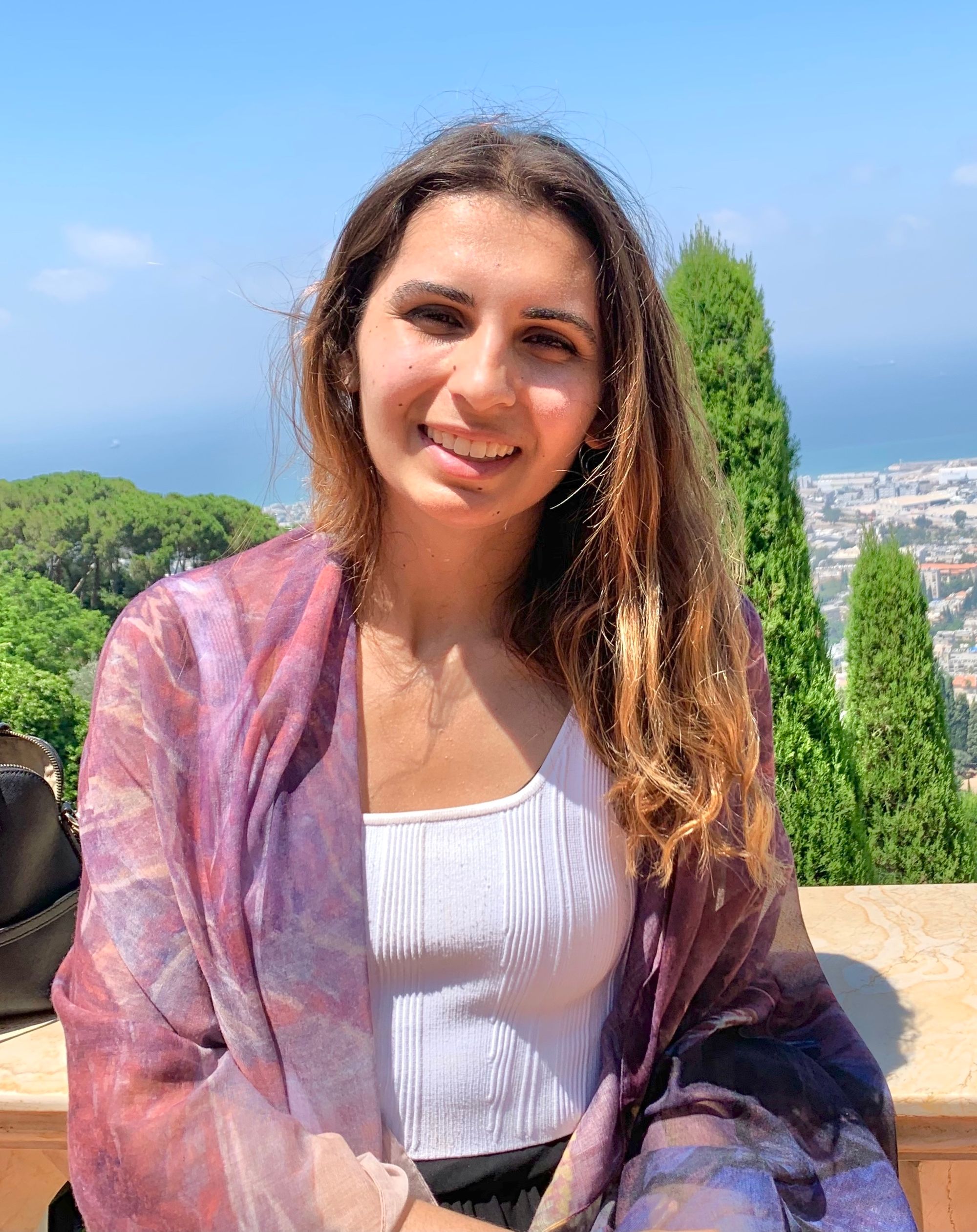
Impact on Customers
Each team has a unique opportunity to make our customers’ lives better. These new grads represent three distinct teams whose work is linked by its impact on the small businesses we serve. In these times when small businesses need us to deliver for them now more than ever, the outcomes of an engineer’s work at Gusto is even more pronounced and more motivating.
Olu Gbadebo works on a pod within the Benefits Engineering team which, as he describes it “helps small businesses decide the best benefits for them by supporting the Customer Experience (CX) Advising team.” As early as his second week at Gusto, he was able to push code live. He works closely with CX to build new features, incorporate feedback, and fix reported bugs. The highest priority project he worked on made it possible for our customers to see multiple benefits options they could choose from, allowing them to better fit their health benefits to their employees and their business needs.
Sofia Carrillo’s team builds features to save accountants time, so they can focus on advising and supporting their small business clients. She has spent the past six months improving the reports that accountants use to access their clients’ payroll and benefits information. Most recently, she built a new feature so accountants can download quarterly tax forms in bulk, separated into folders for each client, instead of having to painstakingly download each form individually. This is a huge time savings, particularly for accountants with a lot of clients: in one download, they have all the information they need every quarter. Sofia has also focused on making small UX changes—like making a client table searchable or adding a notification when a report is ready for download—that make a big difference to our accountant partners.
Mariam Issa works on Gusto’s Risk Engineering team, which focuses on minimizing risk by detecting fraud and proactively preventing credit defaults to protect Gusto and our customers. Mariam helped redesign processes that allow us to offer faster payroll and contractor payment speed for customers. Following the typical ACH pattern, payroll needs to be run 4 days before employees are paid, but these tools help us speed up the process to 1 or 2 days. By increasing the speed of payrolls, we relieve cash flow stresses that small businesses often face. In the past year, she’s also built new tools and automated existing internal tools for Risk Operations, giving our customers faster service.
Support
As a new grad, having the right support and the safe space to fail, learn, and ask questions can make all the difference. Not only do engineers need to grow their technical skills early on, but they need to be constantly honing their “soft” skills too. All three new grads mentioned other engineers at Gusto as the biggest source of their technical learning and collaboration experience in the past year.
Pairing as part of the onboarding and daily routine at Gusto help make the transition and learning process easy. Prior to joining Gusto, Olu had never developed with Ruby on Rails, but his team has helped the Ruby on Rails learning journey through pairing and sharing valuable resources. Mariam said, “The engineering community here at Gusto is incredibly supportive. You’ll find more often than not, engineers are willing to offer time to pair to resolve issues if you ask for the help.” Sofia was placed on a team with a lot of experienced engineers, and being the only junior engineer, she had the chance to pair with her teammates and learn from each of them.
Gusto’s mentorship program, which is open to all engineers, also contributed to Sofia and Mariam’s success. The program matches engineers from different teams and varying experience levels. Instead of being focused on pairing or code reviews, like a teammate, a mentor offers a less technical perspective on career growth by checking in and offering more general guidance biweekly.
Each engineer’s manager, or People Empowerer (PE), was mentioned as especially valuable to the technical learning process, but also in the transition into full-time working life. “The biggest pillar of support,” Sofia said, “has been my managers, who are trained to focus on goals and growth as opposed to just making sure you just ‘get your work done’. Both of my PEs so far have been supportive and encouraging, while still challenging me to stretch myself and grow!”
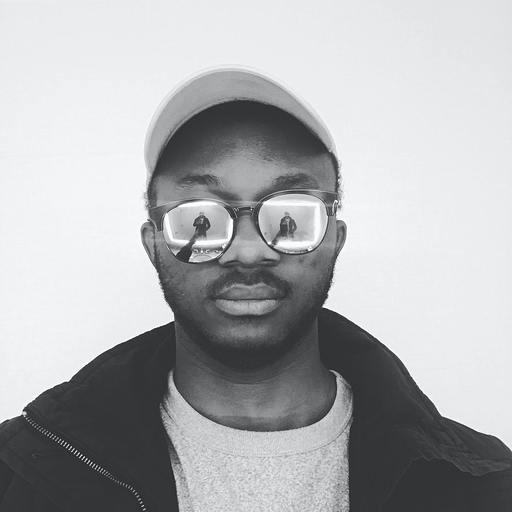
Daily Operations
Communication, especially in a distributed team environment, is essential to how our engineering teams operate. Olu’s pod on Benefits Engineering has a 15 minute stand-up every day to talk about what got done the previous day, what pull requests (PRs) need review, and what is coming up today. Some teams, like Sofia’s Accountants pod, sometimes meet on Zoom for standup, but mix in asynchronous standups in Slack.
Aside from standups, we use several tools for communication about what work is being done and other logistics. Engineers at Gusto use email, JIRA, Slack, Zoom, and Github on a daily basis. An engineer can pick up a JIRA ticket to work on and request a pairing session on Slack with other engineers while working on the ticket. Depending on the size of the PR, engineers typically spend less time reviewing than writing code. Most PRs are small and digestible, usually requiring no more than 20 minutes per PR. In some cases, especially for larger pull requests, code reviews and pairing go hand-in-hand helping spread knowledge while speeding up the process.
All engineers at Gusto spend portions of their day writing code, reviewing code, and pairing. However, for Olu and Mariam, the largest percentage of the day is spent solo coding with about 40% of that time devoted to testing. Sofia says that she spends the most time testing, but solo coding is next in line. All three of them said that pairing with other engineers happens regularly each week, with more pairing happening right when they joined Gusto. Olu added, “Every engineer on the team is always eager to pair.”
What sets Gusto apart?
As a new grad starting a software engineering career, there are a lot of factors that can differentiate companies and experiences from each other. Some points can be easily measured like compensation, benefits, and location. Others, like the culture of the company and the day-to-day work itself, vary from perspective to perspective.
Mariam values the fact that she was given the opportunity to work on high impact projects from the get-go. She loves knowing that she’s supported and challenged to consistently grow. Since her manager has made Mariam’s career goals a high priority, she has been able to keep doing impactful work.
From Olu’s perspective the opportunities at Gusto to learn and grow as an engineer, especially for a new grad, distinguish it from other companies. He also said, “I’ve felt that Gusto is a great place to make an impact. In my first few weeks, I started launching features that helped the CX team.”
Sofia said that the biggest separator for her was the community. There are a lot of engineering folks who really care about making our engineering community a collaborative and supportive environment. Since this is her first job out of college, she “wanted to make sure [she] was joining a company that was truly invested in growing and mentoring junior engineers.”
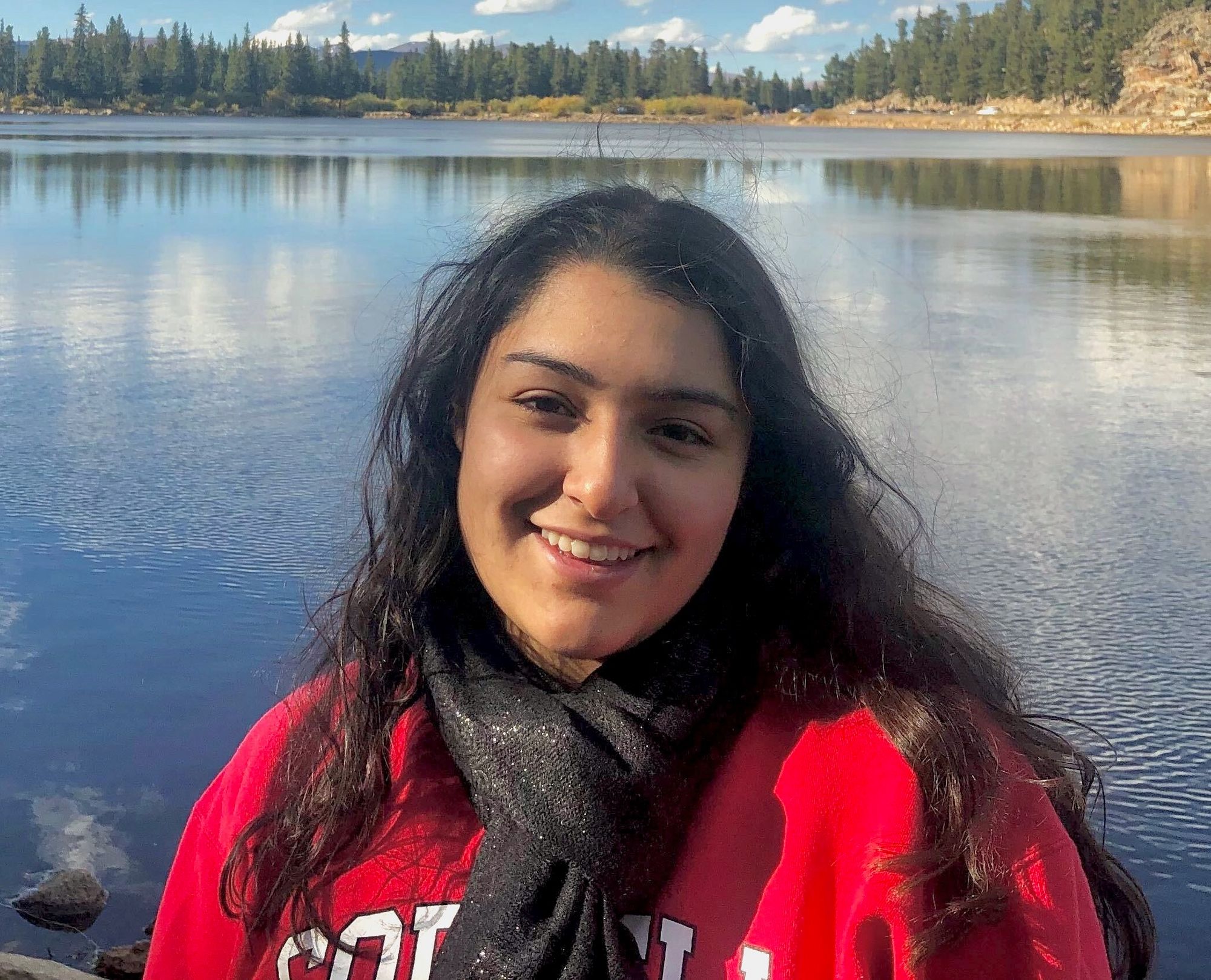
What have you learned?
In her first year after graduating, Sofia said that her biggest challenge has been communication and coordination. To quote her directly, “Nothing in school prepares you for working in a large organization with many different departments. Everyone has different knowledge and perspectives that they’re bringing to a meeting, so it’s important to make sure people are communicating and reaching alignment. I’ve learned that it’s hard to strike the right balance of being clear and giving context to everyone who needs it. Whether it’s in person, Slack, documentation, or code, communicating clearly and effectively is harder than you might think!”
Olu’s biggest learnings have been getting comfortable with Ruby on Rails as his primary framework for writing code. Mariam said, “My biggest learning so far is that there’s not enough time to be hesitant about asking questions.”
Transitioning from School to Work
Going from college to a career can be scary. Not only are there a lot of known unknowns, but there is also a sense that the unknown unknowns are more numerous and more alien than before. Finding the right blindspots can help in making good decisions with confidence.
Sofia points to the mentality shift that she learned at Gusto around tradeoffs as one of the biggest adjustments for her. “I think school primes you to think there are one or two ‘right’ solutions to a problem. But a lot of times those solutions don’t take into account real world things like deadlines, shipping value to users quicker, and other real life constraints that engineers have to account for.” Good engineering is less about the “right” solution and more about deciding between tradeoffs.
Olu says working at Gusto has reinforced the value and importance of testing software. “All types of testing should be considered for both big and small projects. This includes unit, integration & QA testing. A lot of bugs can be prevented by writing good tests.” He also emphasizes the importance of a growth mentality for success. “Be quick to learn, be quicker to implement, and be comfortable with finding answers along the way. Your first job out of college is an opportunity to create a learning environment for yourself.”
Mariam summarized the transition from college to work as such: “The ability to adapt quickly, particularly when working at a fast-paced tech company like Gusto, is essential (especially during a pandemic and economic crisis). Asking questions and being transparent about growth areas earlier on would have served me well since being comfortable in this space enabled me to build the right products and have a larger impact. I also began to recognize that a lot of other engineers share similar experiences early in their careers, so they were able to point me to helpful resources and give insight to their acquired knowledge.”
